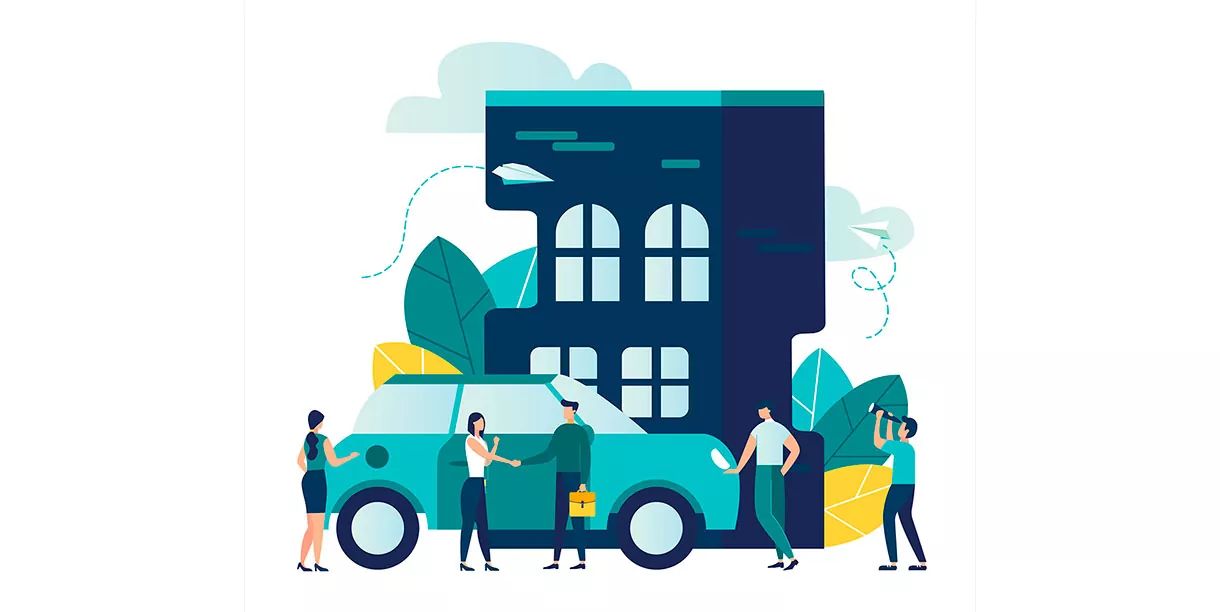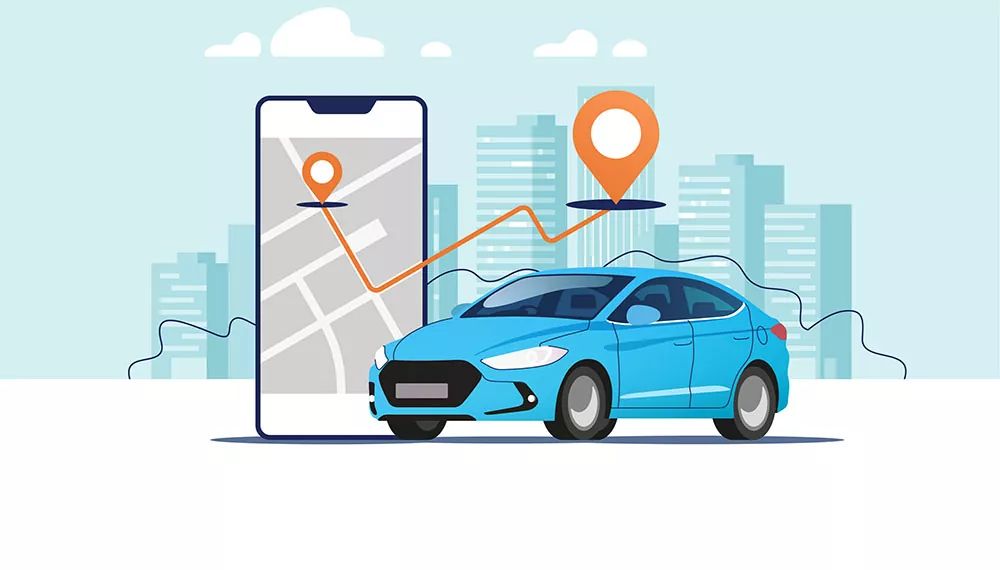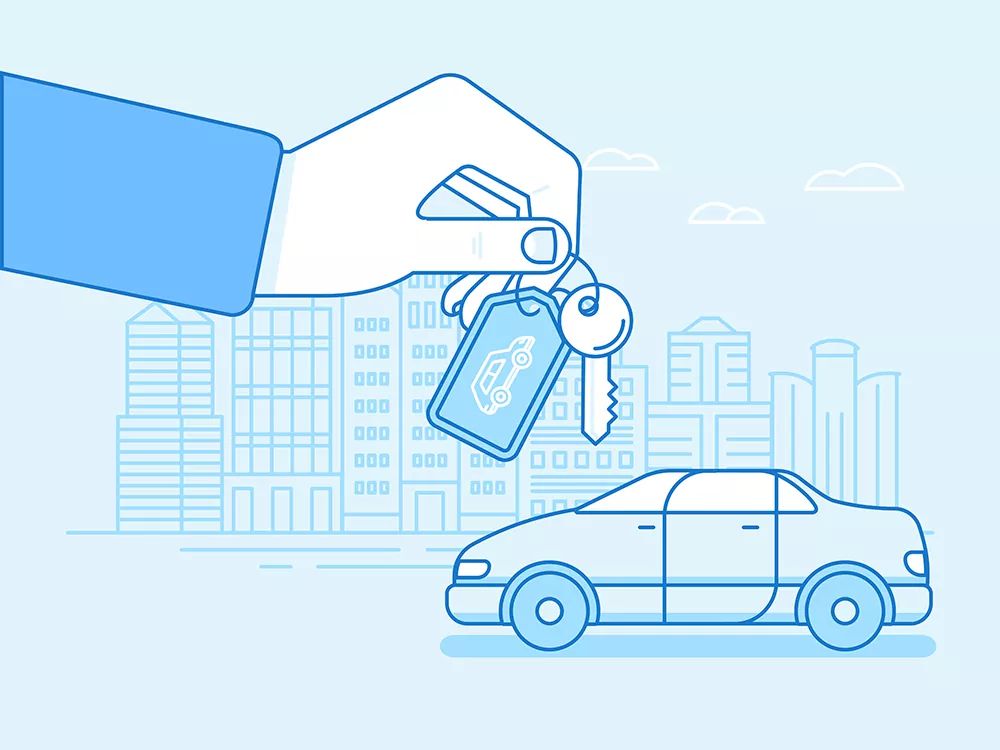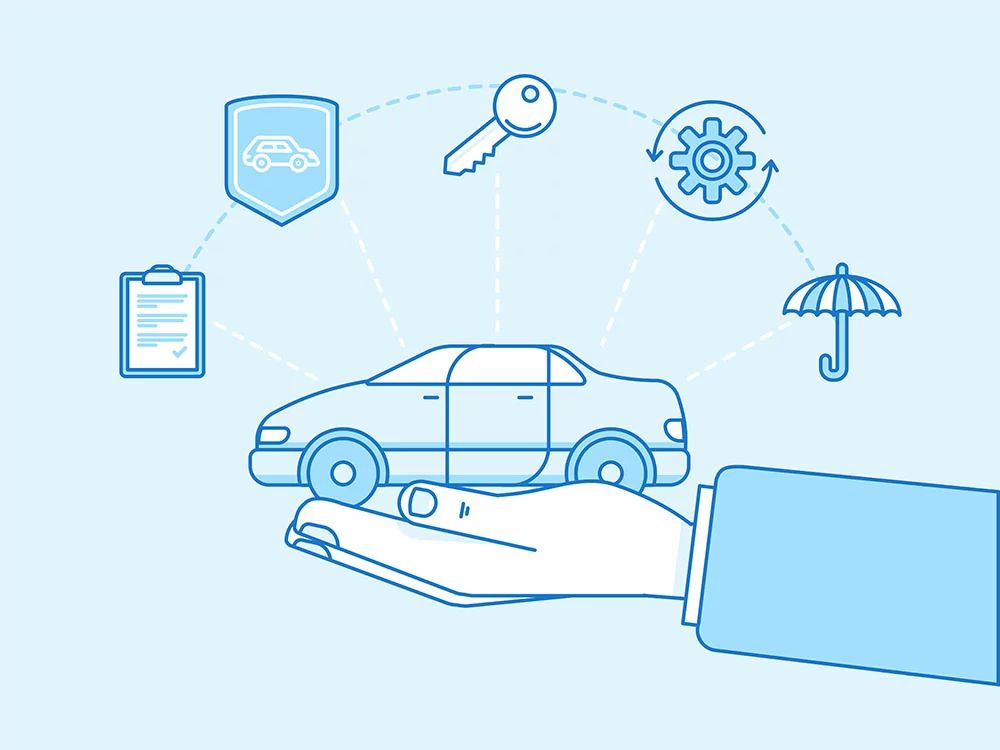
Does Commercial Auto Insurance Cover Personal Use
It’s quite common for business owners to look for ways in which they can protect their firm’s assets. And among these assets, we have the company’s vehicles. For this reason, proprietors tend to ask themselves the following question: does commercial auto insurance cover personal use?
As we all know, commercial car insurance covers your vehicles from any property damage and liability risk. In fact, some of the benefits it brings to businesses include coverage for bodily injuries and even security backup for loan payments!
That’s why it’s only normal to wonder if this type of policy can extend to personal use. So, keep on reading to find out!
COMMERCIAL AUTO INSURANCE: DOES IT COVER PERSONAL USE?
So, does commercial auto insurance cover personal use? Although your personal car policy might grant coverage to your car, it won’t protect it if it’s MAINLY used for business purposes. Also, vehicles owned by a business can’t be covered by personal auto insurance as well.
There are two main types of scenarios in which you might find yourself asking this question:
- Business Use of Personal Vehicle Insurance
- Personal Use of Company Vehicle Insurance
Let’s take a better look at each of these:
BUSINESS USE OF PERSONAL VEHICLE INSURANCE

Of course, it can be inevitable the use of your personal vehicle for business purposes from time to time. And although your insurance MIGHT cover you from small-scale business-related accidents, your insurer will only be able to protect your personal damages. In other words, any damages related to your business cannot be paid through your personal car liability insurance.
One of the main reasons why personal auto insurance doesn’t cover for business drivers is because they’re often more on the road compared to other drivers. That is to say; business drivers often are at more risk than others. This additional risk means higher insurance rates.
There are many factors that insurance companies consider when evaluating the driver’s risk. Some of these include:
- Mileage
- Driving record
- Location
- Vehicle size
- Age
- Vehicle owner
- Driving expertise
For this reason, when you find yourself most of the time using your personal car for work purposes, it’s always best to count on a commercial liability by your side. In fact, most states require businesses to have this type of liability coverage when owning vehicles and having employees that regularly drive to job sites.
PERSONAL USE OF COMPANY VEHICLE INSURANCE

On the other hand, we have the case in which we use a commercial vehicle for personal use. This situation usually happens when a company grants trusted employees a company-owned car and someone else besides the employee uses that car.
Picture yourself in the following scenario: your wife or husband uses the company’s car that was lent to you to run some personal errands. Sadly, your significant other is caught in an accident and the person injured sues her or him for damages.
In this case, you’ll find out that your company’s car insurance policy doesn’t cover any of the damages. The reasoning behind this is because commercial auto policies don’t protect any unauthorized drivers that are using the car.
That’s why in order to prevent these types of situations, employers often ask their employees an updated copy of their personal car insurance before they take company vehicles home. That way, they can check the employee’s coverage and see if there’s any potential exposure in case there’s an accident.
COMMERCIAL VS PERSONAL VEHICLE INSURANCE

Now that you know both instances regarding commercial auto insurance coverage in personal use, it’s time to go over the main difference between each insurance type.
When looking at both of these insurances at a general view, they both serve the same purpose, protecting your vehicle and yourself against any threats and risks. They start to differ, however, when you take a better look at their limits, policy types, and risk types.
That’s why we’ll briefly go over what each of these policies covers:
TYPES OF POLICY
Firstly, one of the main differences between these two insurances comes from the proprietor. When there’s only one sole proprietor of the car, then you’ll probably only need a personal car policy. When a car is owned by a company, however, it’s imperative to count on commercial insurance.
Commercial auto insurance also applies when a company leases or rents vehicles as well. The reasoning behind this is because leased cars are also part of a company’s assets. Also, commercial auto insurance helps reduce risks when having employees use their personal cars for work purposes.
COVERAGE LIMITS
Because vehicles used for business purposes are on the road much more often than personal cars, commercial auto insurance tends to have greater coverage.
For instance, business vehicle insurances grant protection to vehicles used for the following purposes:
- Transporting business’s goods and equipment
- Drivers, employees, and clients using the insured car
- Hauling jobs
- Services such as charging a fee for transporting people or products
- Performing any business service
In this regard, commercial vehicle insurance counts on higher liability limits in comparison to personal insurance. This coverage can even extend to protection against legal costs, such as a lawsuit that may result from an accident.
Personal insurance, on the other hand, can only protect any personal use. This insurance type can extend its coverage to protect up to two family members as well.
Additionally, the types of vehicles used also take a big role when defining the differences between commercial and personal insurances. Personal auto policies often cover normal-sized vehicles.
Commercial insurance can cover more heavy-duty vehicles, such as semi-trucks, commercial trailers, and dump trucks. After all, repairs for these vehicle types can end up being considerably costlier as to other kinds of repairs.
TYPES OF RISKS
As we have stated beforehand in this article, business drivers are often in much more risk compared to other types of drivers. For example, some delivery drivers need to transport more than 100 packages a day. These drivers are at greater risk in comparison to people who only need to drive once or twice a day.
Remember that it’s always best to remain on the safe side and ask your insurance agent exactly what your policy covers. That way, you can have insurance that matches your exact needs.
